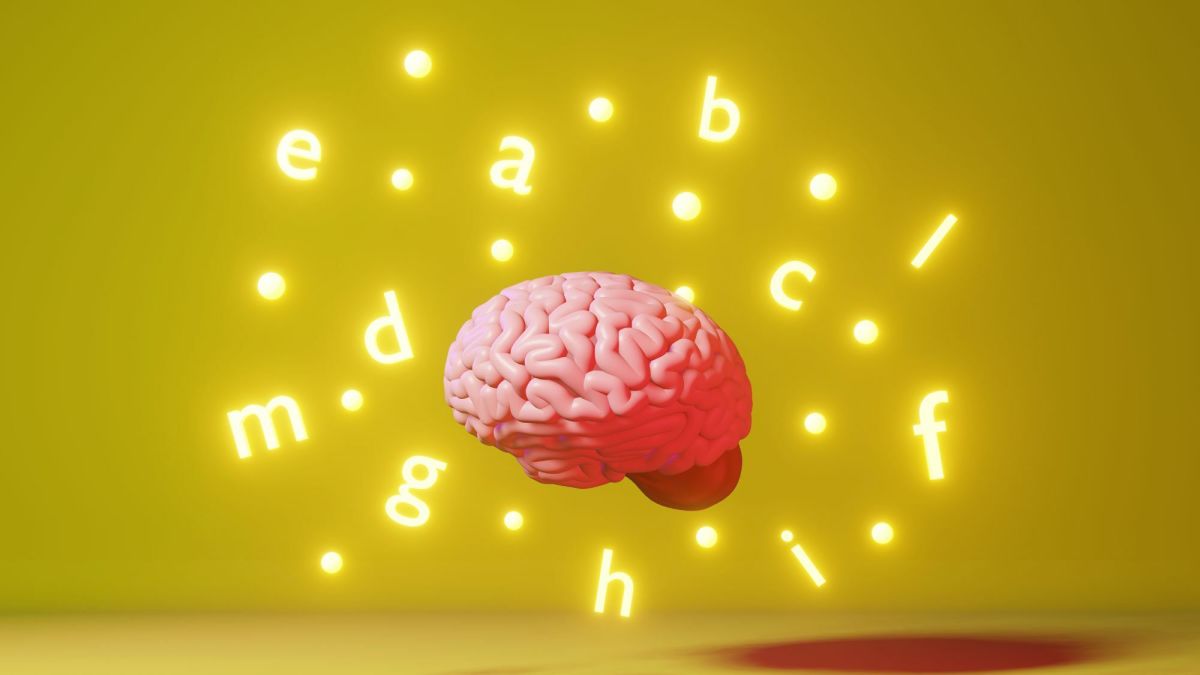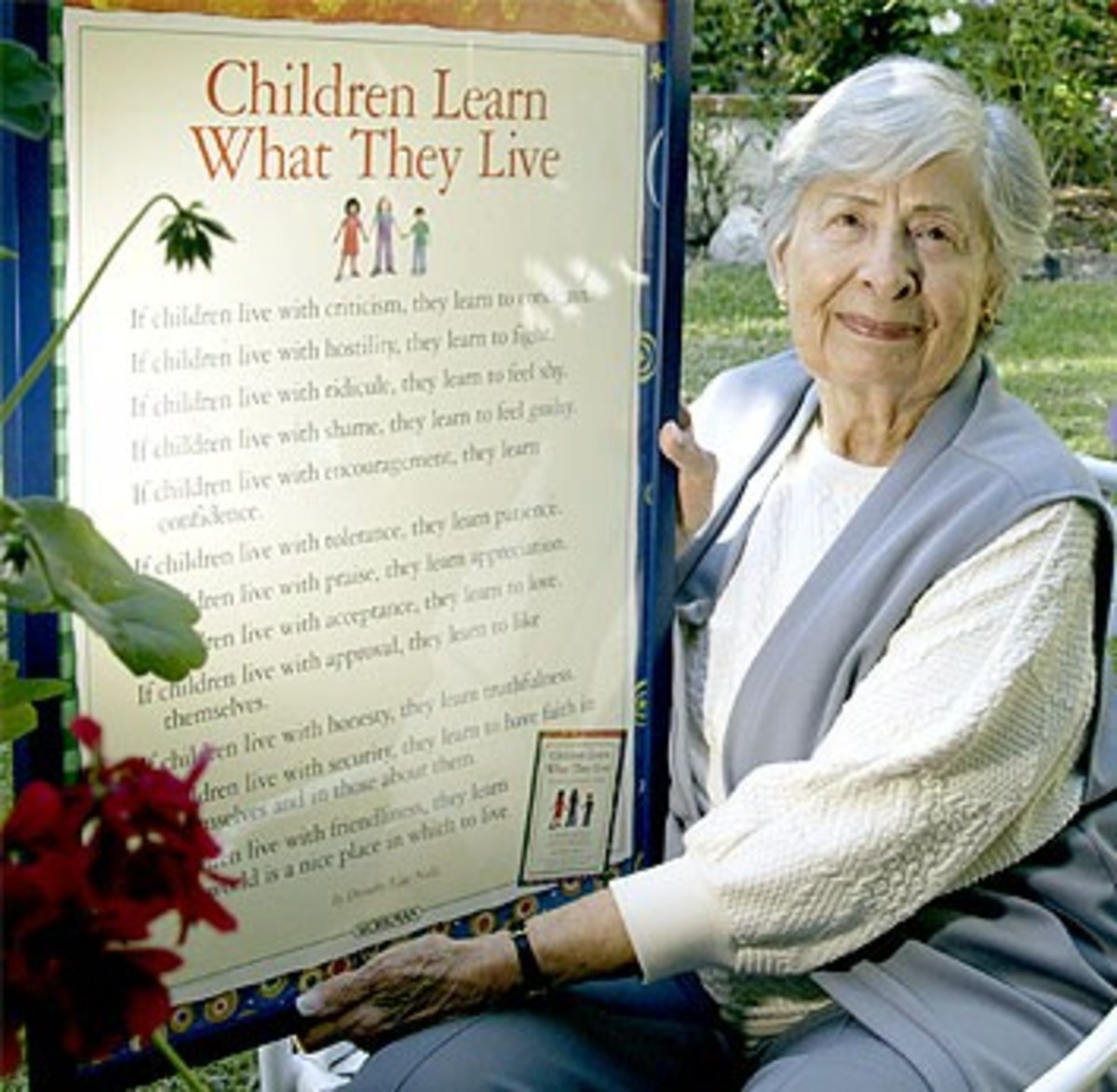How important are adults in the process of a child learning to speak?

The linguist's debate
All children without a significant physical or mental deficit acquire language. Children of a range of socio-economic backgrounds all have basic knowledge of grammar and how to speak. A key debate which rages on among linguists today remains: how important are adults in the process of a child acquiring language and communication skills?
B.F Skinner.. adults are most important!
BF Skinner, an American psychologist, firmly believed that children learn to speak through interactions with adults.
Skinner’s imitation theory suggests that children learn to speak through conditioning, imitation and reinforcement from elders. This theory proposes that children learn to associate words with what is heard around them. For example, if the child’s parent says, “drink” every time the child is given water, the child will eventually associate thirst with water and implement the word into their speech in order to communicate. If the child is thirsty, they would know to use the word, “drink” in order to express their thirst.
According to Skinner, adults are key to language development and children cannot learn to speak without adult interactions. Skinner’s theory was backed up through research on mice at Harvard University. In this experiment, mice learnt that by activating a lever, they would be rewarded with food, and so kept repeating the process. This suggests that children are only able to learn language through external factors; and the only external factor the child will respond to is adult reinforcement. Skinner’s theory may also be proved through the fact that the vast majority of children acquire the same accent as that of their parents and adults around them, showing that children imitate what is heard around them and do not learn to speak independently.

Why Skinner may be wrong
Skinner’s imitation theory faces several criticisms. Primarily, Skinner’s method of backing up his theory was ineffective as the testing was performed on mice and not humans. Seeing as Skinner was researching human behavior, experiments on mice seem rather pointless. As this was Skinner's main piece of research, his entire theory can be dismissed due to insufficient investigations.
It is also argued that children cannot acquire language and grammar structures at the rate they do simply through reinforcement and imitation. There are an infinite number of sentences which can be formed and these sentences cannot simply be learnt one by one through imitation as Skinner suggests is the case.
The strongest and most potent argument is the fact that children perform virtuous errors. Virtuous errors are where children make 'clever' grammatical mistakes with irregular words. For example, a child may use the word, “mouses” instead of “mice”. Virtuous errors show that children do not imitate language heard around them from adults as an adult with a grasp of the English language would not use the word, “mouses” at all, suggesting that there are other factors at work for the acquisition of language rather than simply imitating adults.
Lev Vygotsky
Russian philosopher Lev Vygotsky was on the same side as Skinner but began to push the boat out; believing that adult interactions were essential for children learning to speak, but independence was also needed on top of this.
Vygotsky wrote that More Knowledgeable Others (MKOs) are essential for children to acquire language. These MKOs are always adults who the children will interact with in the development stages of language acquisition. Vygotsky argued that children develop differently depending on the amount of support received from adults; with those with the most help developing a grasp of language more effectively, and those with very little aid take longer to acquire language and grammar.
Vygotsky’s theory was tested by Woods and Middleton in 1975 where children were required to solve a puzzle after practice and help from an MKO. The experiment found that children learn most efficiently with a significant amount of help along with a degree independence; too little or too much adult help resulted in poor development.

Noam Chomsky - it's in the child's brain
Noam Chomsky, an American linguist at MIT, does not feel that adults are the most important factor for a child learning to speak. Chomsky believes that children naturally possess an LAD (language acquisition device) which gives them a firm grasp of grammar and language structure.
Chomsky argued that children only need adult help to learn vocabulary, and after vocabulary is learnt, children are able to structure their own sentences and utterances to communicate effectively.
Chomsky tested his theory through an experiment with young children. Chomsky and his researchers would read the sentence, “Colorless green ideas sleep furiously” to a child. While the child would have never heard this utterance before, and while the sentence makes no logistic sense, they knew that the sentence made sense grammatically. Chomsky’s theory has also been proven reliable through children’s use of virtuous errors (see points against Skinner) and the fact that children never mix up the subject, verbs and objects in a sentence, signifying that there may be an in-built ability to acquire and understand language naturally without the aid of adults.

Why Chomsky may be wrong
Chomsky's idea that children are able to understand grammar naturally has been doubted by some linguists. There is no evidence to suggest that children have an in-built system inside their brains which allows them to communicate with other humans. Instead, some argue that basic grammar structure is acquired by listening to adults and copying their syntax.
Jerome Bruner claimed that children have a special ability to remember sentence structure; but they first learn structures through hearing adults around them. Bruner called this the LASS (Language Acquisition Support System); with the support system being adults speaking to and around children.
So how important are adults?
It can probably be assumed that adults are a key component in teaching children to speak and communicate effectively. The question which stand is: are adults the most important component? Nobody can say for sure, without adults we wouldn't have vocabulary to start off with. But, should a natural Language Acquisition Device exist, we may not even have been able to communicate in the first place!








